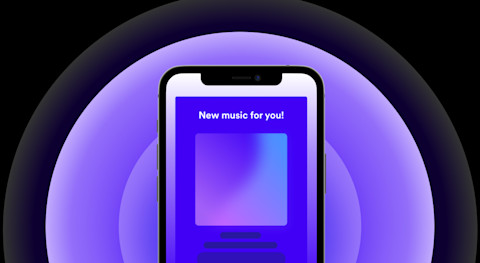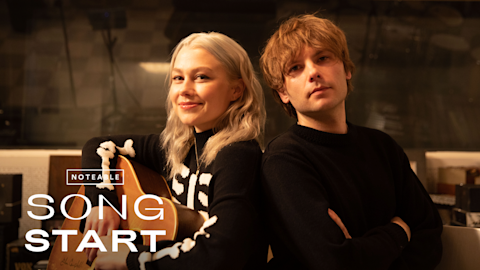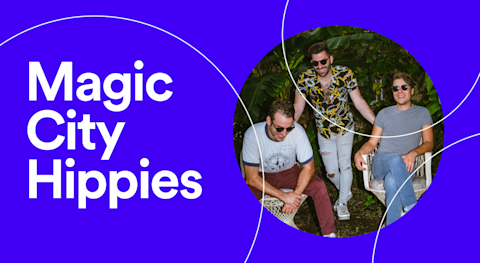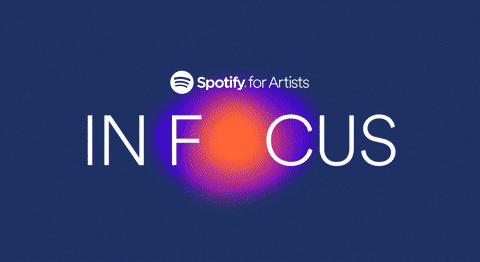The Science of Musician Mental Health: Pandemic & Beyond

This material has been prepared for informational purposes only, and is not intended to provide, and should not be relied on for health advice. You should consult your own advisors and/or mental health professionals before making any personal decisions.
Making music has always made for an intense career, often full of the kinds of uncertainties -- from money to time -- that can stress you out. On top of that, the effects of the ongoing pandemic threw a monkeywrench into many artists' lives that continues to be felt. Dr. Joe Barnby, a musician and neuroscientist in the field of mental health, checked back in with Spotify for Artists to share what he's observed about how Covid has added to the unique stresses of the profession.
"Data that has come out during the pandemic has highlighted who is more vulnerable to depression and anxiety," Barnby says. "The one thing that stands out about musicians compared to other professions is that they [often] haven't got that security of financial stability... and that unfortunately means that when something like Covid happens where there's a huge change in the way that we need to adapt to live, it can be very difficult to carry on being a musician in those circumstances."
Almost two-thirds of the respondents to MusiCares 2021 "Wellness in Music" survey felt financial stress every day. Meanwhile, over a quarter reported moderate to severe depression.
"No sort of economic parachute for people with inconsistent incomes makes stress all the more exaggerated and magnified. Musicians feel that they can't really afford to exist doing what we love doing, like writing music or producing music, combined with trying to afford an apartment, and trying to afford food."
Isolation is one major risk factor for musicians that multiplied when lockdowns and restrictions interrupted the social and support networks that are vital to good mental health. While that has eased this year, Barnby has seen that, "We were still not able to talk to people and interact with people in the same way. We didn't have that social spontaneity we were used to." To combat that, he says, it's important to, "have people around you that you can rely on to be there for you to talk things over and be there with you emotionally."
Your need for a like-minded community of fellow musicians is also key, as other stresses have piled up. "Having a forum where you can discuss that among yourselves is so powerful," Barnby says. "Talking through problems that you're all facing gives you the benefit of group ideas. It's not just you thinking about it on your own."
In addition to having people to rely on, the other "normal things recommended for good mental health -- good exercise, nutrition, and sleep" also apply.
"We know the importance of sleep in regulating things like cognition, our emotion, and our ability to deal with stresses during the day," he says. "If you have a completely uneven sleep schedule, we know that that is predisposing people to have poorer mental health and to find dealing with normal life stresses a lot more difficult.
"There's emerging evidence about the relationship between the gut and brain, and how the things we eat affect our psychology. Our social environments can encourage poorer or better eating. If you're constantly on a tight schedule, you haven't got the time to prepare food that's really nutritious. We know that eating food that doesn't encourage healthy gut microbiota will predispose you to having poorer mental health."
"Art and culture is so important to a healthy, functioning society," Barnby says. And he feels that points to the need for mental health "alleviation for struggling musicians that otherwise could contribute massively to society."
Spotify for Artists helps you to develop the fanbase you need to reach your goals.
video
How Julia Wolf Made It





